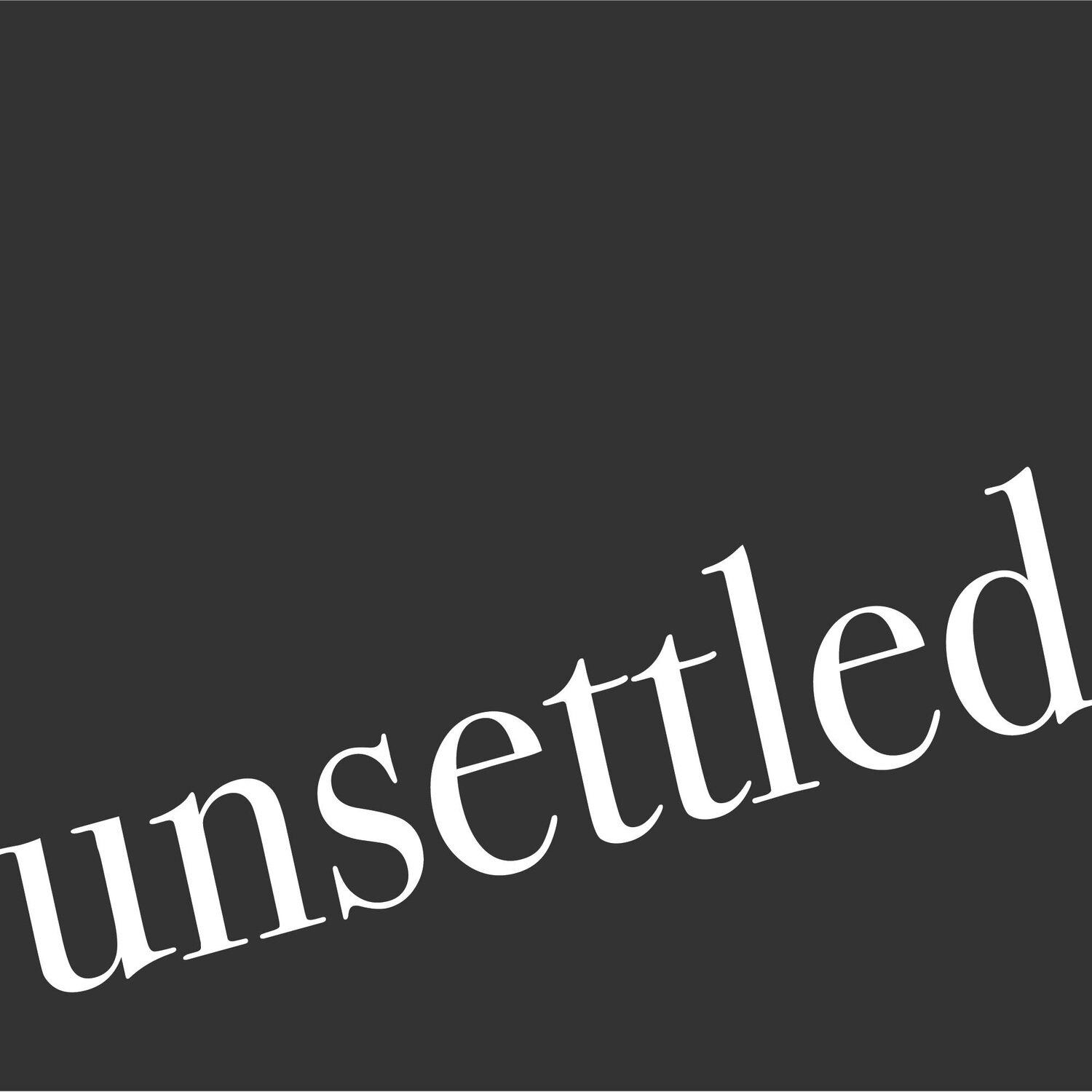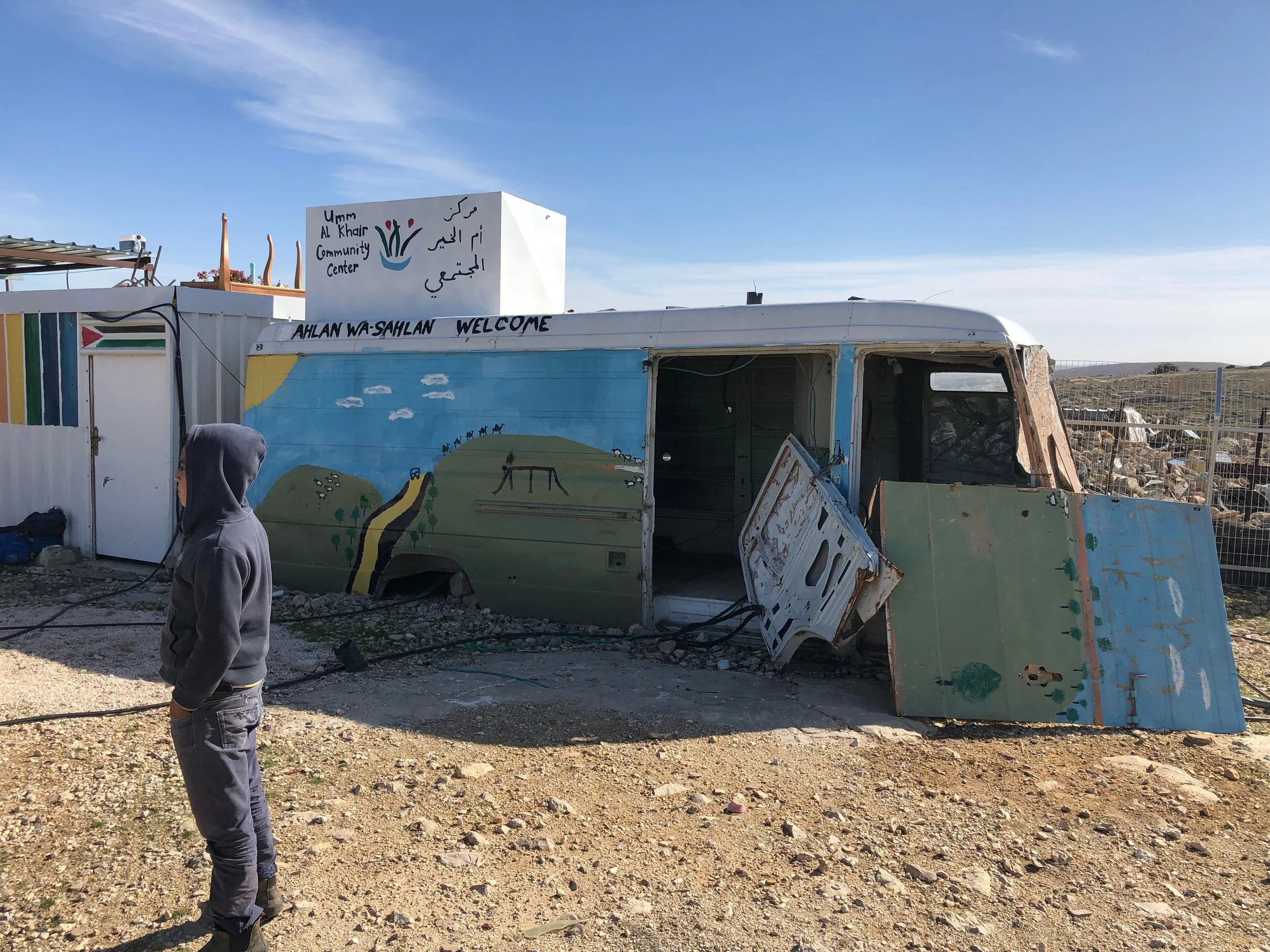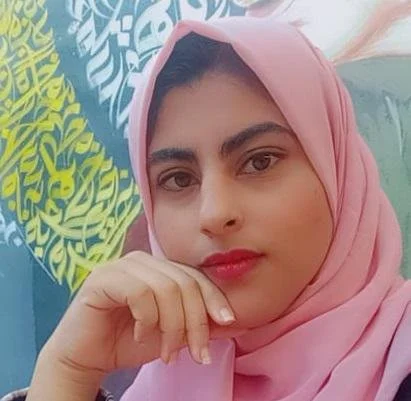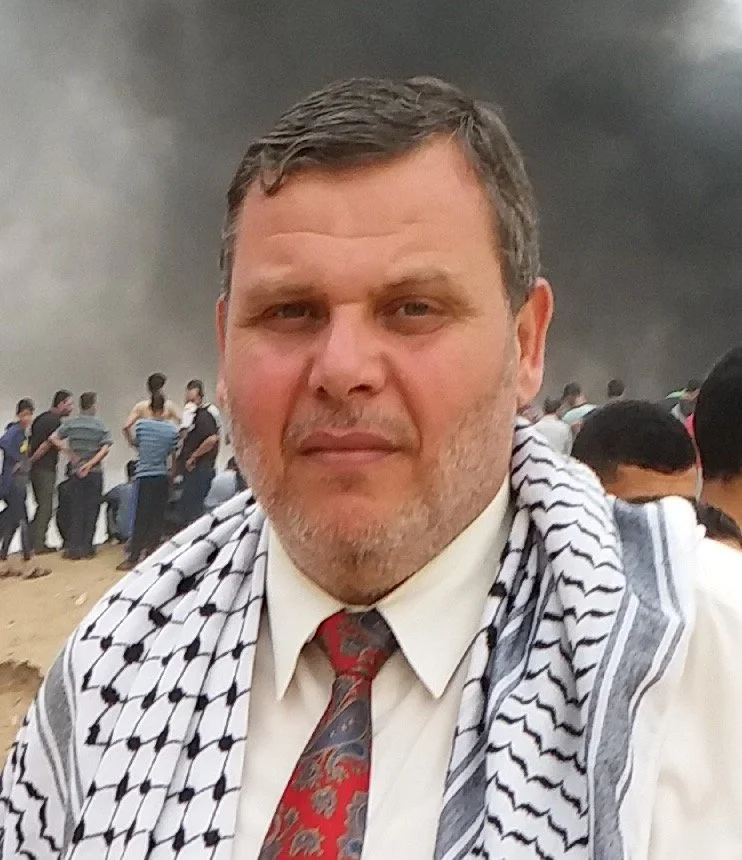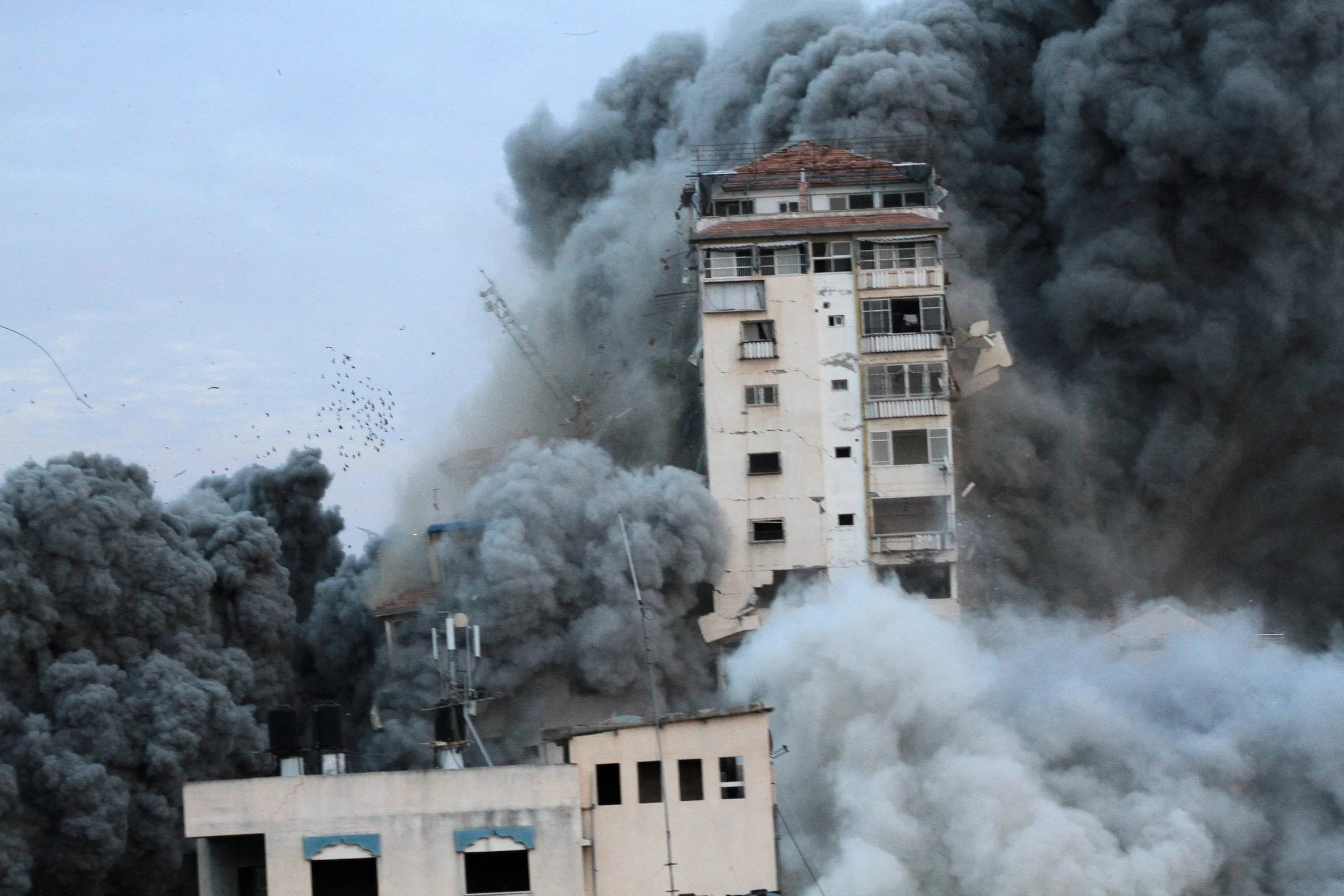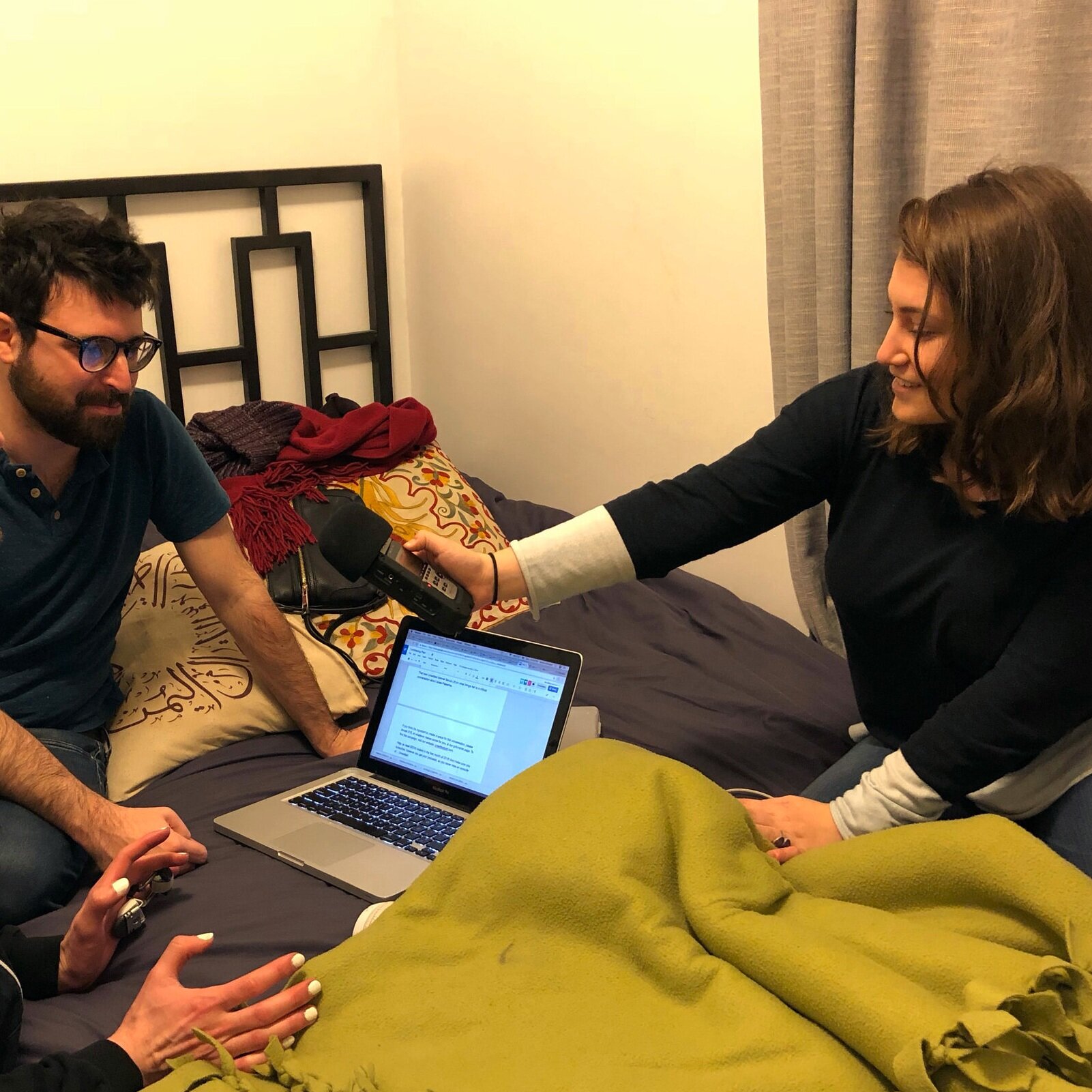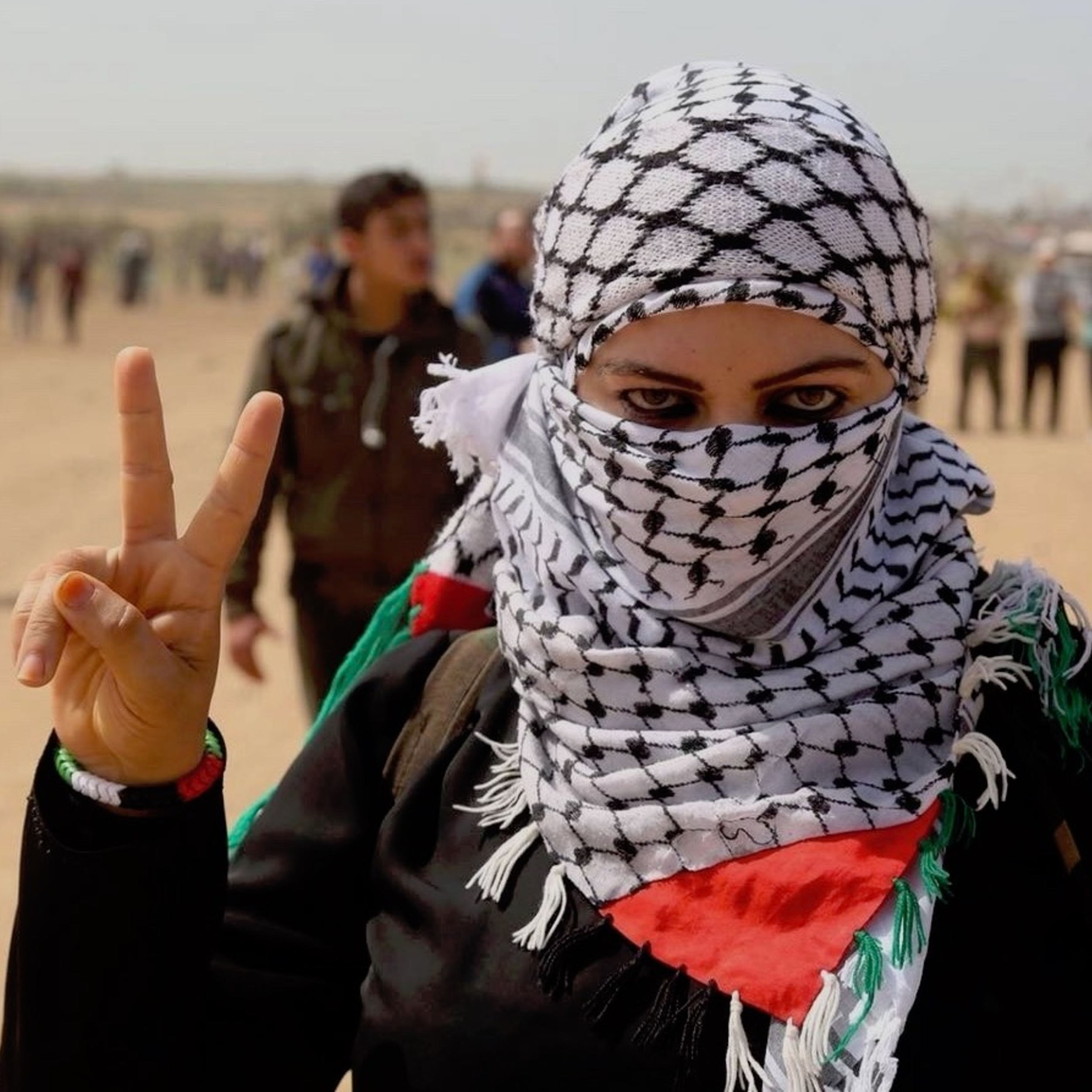It’s been a month since October 7, when Hamas fighters killed 1,400 Israelis and captured more than 200 hostages. It’s also been a month of Israel's retaliation: air raids and ground operations in the Gaza Strip that have killed almost 10,000 Palestinians, destroyed infrastructure, and limited access to basic necessities. For the past month, Palestinians in the West Bank have also faced increased violence from settler-soldier militias. In this episode, we hear from the villages of Susiya and Umm al-Khair, where Israeli settlers have escalated their efforts to make Palestinians' lives unlivable.
Shahd Safi: "We need electricity, we need fuel, we need flour, we need bread"
On Friday, October 27th, Israel cut off internet in the Gaza Strip for 36-hours, as it expanded its ground operations. This total internet blackout left Gaza without the ability to communicate, both internally and with the outside world. Human rights groups Amnesty International and Human Rights Watch warned that without the internet, their ability to document war crimes and other abuses had become increasingly difficult. The internet was restored on Sunday October 29th. Unsettled spoke with writer, translator and human rights advocate, Shahd Safi, both before and after the internet blackout about the conditions inside Gaza.
Arie Hasit: "Everybody has opened a situation room"
In this conversation, Producer Ilana Levinson speaks with Rabbi Arie Hasit in Israel. Ilana and Arie, who grew up going to the same synagogue and and summer camp, discuss what it was like to be in Israel on October 7th, and Israel's obligations toward its own citizens as well as the Palestinian people of the Gaza strip as the war continues.
Matt Duss: "This is not a moment where people are making good policy"
To better understand the U.S. role in Israel’s war in Gaza, Unsettled producer Max Freedman speaks to Matt Duss: former foreign policy adviser to Senator Bernie Sanders, and now Executive Vice President at the Center for International Policy. They discuss the geopolitical context for Hamas's attack; how the U.S. provides diplomatic cover for Israel on the international stage; and why the Biden administration appears disinclined to restrain Israel from committing war crimes in Gaza.
Isam Hamad: "What sort of a life is this?"
As this crisis unfolds, Unsettled is bringing you the voices of many different people who are affected by the violence, as well as expert analysis and context. Today, producer Ilana Levinson speaks to Isam Hamad: an organizer of 2018's Great March of Return, and manager of a medical equipment company in Gaza City.
Tareq Baconi: "There's no going back"
Over the next few days, Unsettled is going to bring you the voices of many different people who have been affected by this week's devastating escalation of violence in Israel and Gaza. We’re starting with an episode Hamas, whose surprise attack across the Gaza border on October 7th "completely ruptured the reality we thought we were operating in," says Tareq Baconi.
A note from Unsettled Producers
Over the weekend Hamas launched an attack on Israeli towns near the Gaza border, and has also been launching rockets towards Israeli population centers as north as Tel Aviv. Hundreds of Israeli soldiers and civilians are dead and dozens have been taken captive. The fact that Hamas has been able to breach Israeli defenses and launch an attack of this magnitude inside of Israel has stunned the Israeli public.
Groundwork: Three Bullets
Groundwork is a podcast about Palestinians and Jews refusing to accept the status quo and working together for change. This episode from their recently released second season follows activist Maisam Jaljuli as she visits the grieving families of Palestinian citizens of Israel that have lost family members to organized crime and violence. Note: This episode includes descriptions of gun violence, death, and bereavement.
Amjad Iraqi: The Myth of Israeli Democracy
Israel is often called "the only Democracy in the Middle East,” with activists, politicians, and even journalists pointing to Israel's Supreme Court as a prime example. But Prime Minister Benjamin Netanyahu wants to weaken the Israeli judiciary, sending Israeli Jews into the streets en masse to protest. For months, Israelis have been engaged in marches, strikes, and even boycotts to stop what many are calling a judicial coup. But for millions of Palestinians who live under Israeli rule, the Supreme Court is just another instrument of their subjugation. To better understand this conflict – who’s on what side and who’s being left out of the conversation – we invited +972 Magazine Senior Editor Amjad Iraqi back to Unsettled.
Escalation in the South Hebron Hills: Awdah Hathaleen
Awdah Hathaleen lives in the village of Umm al-Khair, in the South Hebron Hills: a region of the West Bank where Israel has full civil and military control. At the start of 2023, the Israeli military announced plans to forcibly evacuate more than a thousand people from eight villages in the South Hebron Hills. Even though Umm al-Khair is not one of those eight villages, Awdah says life has still become much more difficult for his family and community in the past year.
Escalation in the South Hebron Hills: Musa Abdullah Ali Awad
Musa Abdullah Ali Awad lives in the village of Isfey al-Fauqa. Isfey is located in a part of the West Bank called Masafer Yatta, where Israel has total civil and military control. At the beginning of January, the army informed Palestinian officials that they would soon begin carrying out the forced transfer of more than a thousand people from eight villages in Masafer Yatta. One of those eight villages is Isfey – where Musa lives. Here, Musa talks about the only home he's ever known, Isfey al-Fauqa.
Escalation in the South Hebron Hills: Ali Awad
Two weeks ago, the Israeli army informed Palestinian officials that they would soon begin carrying out the forced transfer of more than a thousand people in Masafer Yatta, a group of villages in the South Hebron Hills in the West Bank. This escalation, authorized by Israeli courts, is a war crime according to international law. This week, Unsettled will be bringing you voices from the ground in Masafer Yatta and the South Hebron Hills. This episode features Ali Awad, a resident of Tuba in Masafer Yatta, explaining what’s happening on the ground.
Producer Pick: Politicized Pain
To commemorate five years of Unsettled, we’re closing out 2022 by diving into our archive. Each member of the team has picked a favorite past episode to republish. For this episode, producer Asaf Calderon shares Politicized Pain, a conversation between two friends processing what it means to grieve when pain is public and political, originally released in May of 2021.
Producer Pick: Amal Sumarin
To commemorate five years of Unsettled, we’re closing out 2022 by diving into our archive. Each member of the team has picked a favorite past episode to republish. For this episode, producer Ilana Levinson shares The Great March, a report originally released in 2019, on a mass demonstration in the Gaza Strip attended by thousands. The Great March of Return was originally planned to last six weeks, but continued for many months. How did it all begin, and who are the protestors who risked their lives to participate?
Producer Pick: The Great March
To commemorate five years of Unsettled, we’re closing out 2022 by diving into our archive. Each member of the team has picked a favorite past episode to republish. For this episode, producer Ilana Levinson shares The Great March, a report originally released in 2019, on a mass demonstration in the Gaza Strip attended by thousands. The Great March of Return was originally planned to last six weeks, but continued for many months. How did it all begin, and who are the protestors who risked their lives to participate?
